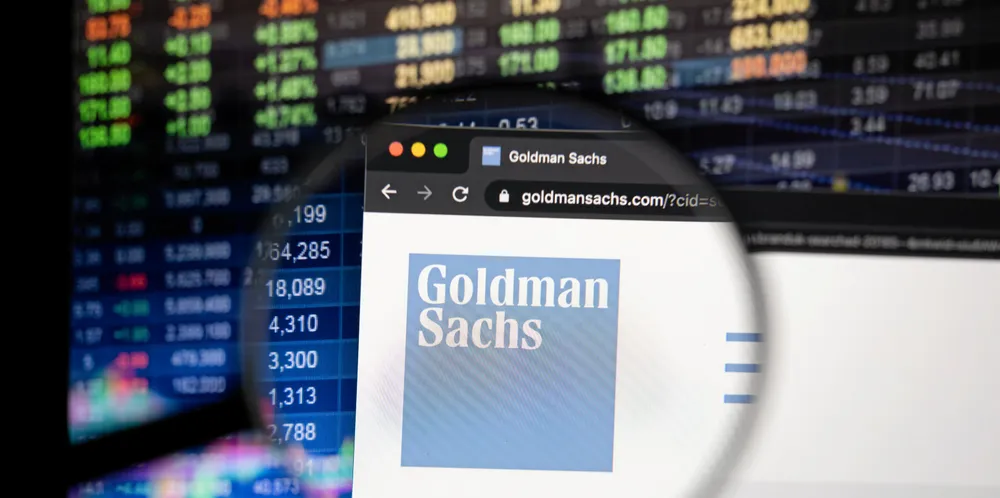Goldman Sachs flags Orsted and RWE as renewables offer hope in 'deeper energy crisis than 1970s'
Investment giant says green generators 'strong preference' as wind and solar show big deflationary potential amid €2trn European bill surge

Investors should show “strong preference” for renewable generation-focused groups such as RWE and Orsted that are set to benefit from “higher for longer” energy prices and massive spending on electrification, said Goldman Sachs.
Analysts from the investment giant in a note on European utilities highlighted the German and Danish groups along with Portugal’s EDP as ‘buys’, as it hailed wind and solar’s long-term “deflationary” potential to slash energy prices.
Goldman Sachs released its research as it forecast energy costs will peak early next year at around €500 ($495) a month for a typical European family, a 200% increase on 2021 levels that adds up to a €2trn surge in bills across Europe.
“Following the spike in gas and power prices since mid-June, we believe that the energy crisis, and in particular affordability, has reached a tipping point, likely requiring significant policy intervention.
“In our view, the market continues to underestimate the depth, the breadth and the structural repercussions of the crisis – we believe these will be even deeper than the 1970s oil crisis.”
In the near-term, the Goldman Sachs analysts expect EU leaders to consider price caps and a ‘tariff deficit’ – smoothing the cost of relief for consumers across up to 20 years – as they look to bring relief to hard-pressed consumers and businesses. That would be preferable to 'windfall' taxes on profits, they believe.
In the longer-term they flag structural solutions to decouple gas prices from those of renewables and nuclear. Combined with widespread electrification that could eventually lower household energy bills by around 75% from their current sky-high levels, says the note.
“Renewables have become a deflationary force for power systems. In other words, wind and solar are now part of the solution to the affordability problem, not their cause,” said the Goldman analysts as they noted massive falls in levelised cost of energy (LCOE) achieved by green power technologies over recent years and their huge current cost advantage over gas generation.
Specifically on Orsted, Goldman Sachs said: “We believe Orsted remains a key beneficiary of the secular electrification process. The acceleration in renewables investments should support further top-line growth, whilst the expansion in the addressable market may support future returns to decent levels.
“In the past year and a half, Orsted has been exceeding its 3GW per annum awards targets in offshore (4.5GW in 2021, already 3GW in 2022) and currently enjoys development visibility in offshore wind until 2028, we estimate.”
(Copyright)